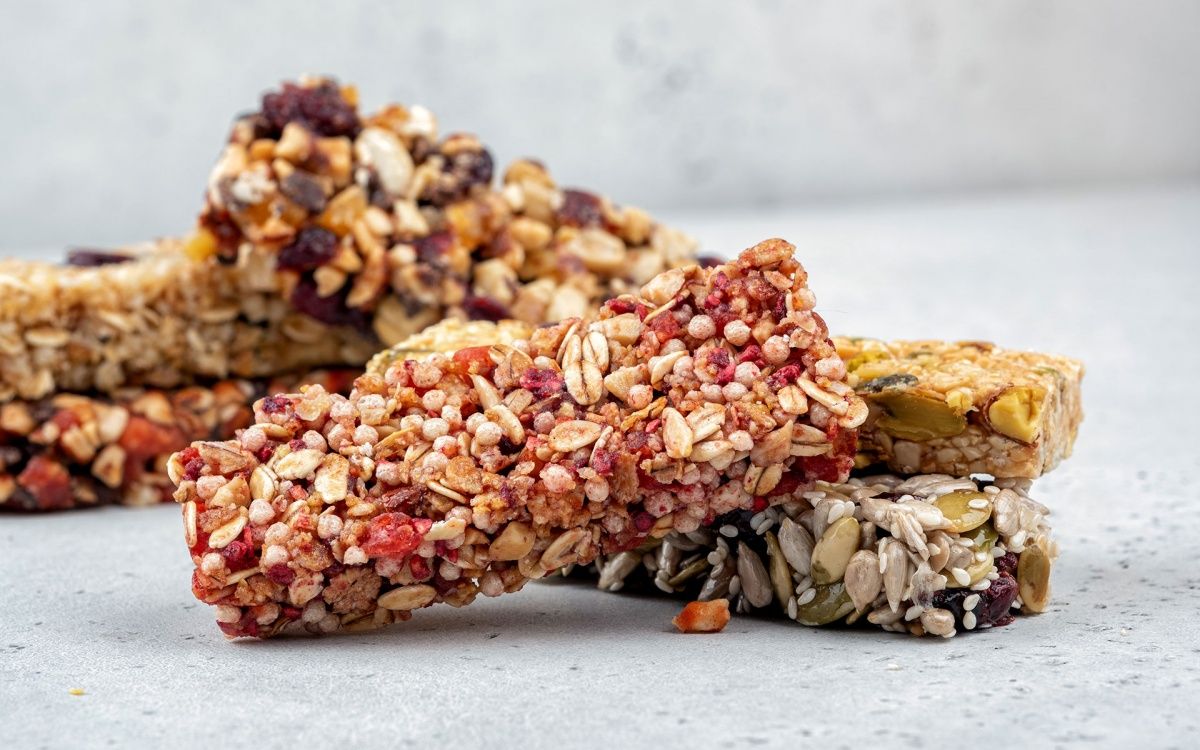Some foods touted for their health benefits can also contain large amounts of added sugar to improve their flavor or energy value.
Here are some major offenders.
Fruit Juice
Fruit juice seems like a healthy drink option, but each glass could have you drinking up to 30 grams of sugar. Many fruit juices under 100% fruit will supplement their blend with extra sugar for flavor. There’s also little of the fiber benefits that come from eating whole fruits.
Yoghurt
Yoghurt is a great way to get your breakfast protein, but the wrong low-fat yoghurts may have you eating up to 45 grams of sugar. Low-fat yoghurts often use sneaky added sugars as a flavor enhancer. Instead, opt for yoghurts higher in healthy fat and lower in sugar, like Greek yoghurt.
Dried Fruit
Fruit is a rich source of natural sugar, but many companies add a little extra for a more delicious snack. Great for your tongue, but not your waistline. There are plenty of low-sugar dried fruits out there, so be sure to read the packaging.
Canned Soups
Soup is a delicious way to include vegetables and meats in your diet, without as many carbs. Canned soups, however, are processed and have a high sodium content. To balance this saltiness, some companies will also add extra sugar.
Granola
Whole grains are wonderful for slow-release carbs and natural sugars. Unfortunately, most are bland and tasteless on their own. To sweeten the appeal, sugars are often added to many granola bars and cereals. Hence, 100 grams of your favorite breakfast granola can contain 29 grams of sugar.
Milk Alternatives
Soy milk, almond milk, and oat milk have grown in popularity and are great for allergies. But they aren’t great when it comes to added sugars. Always look for non-dairy milk with as little added sugar as possible.

